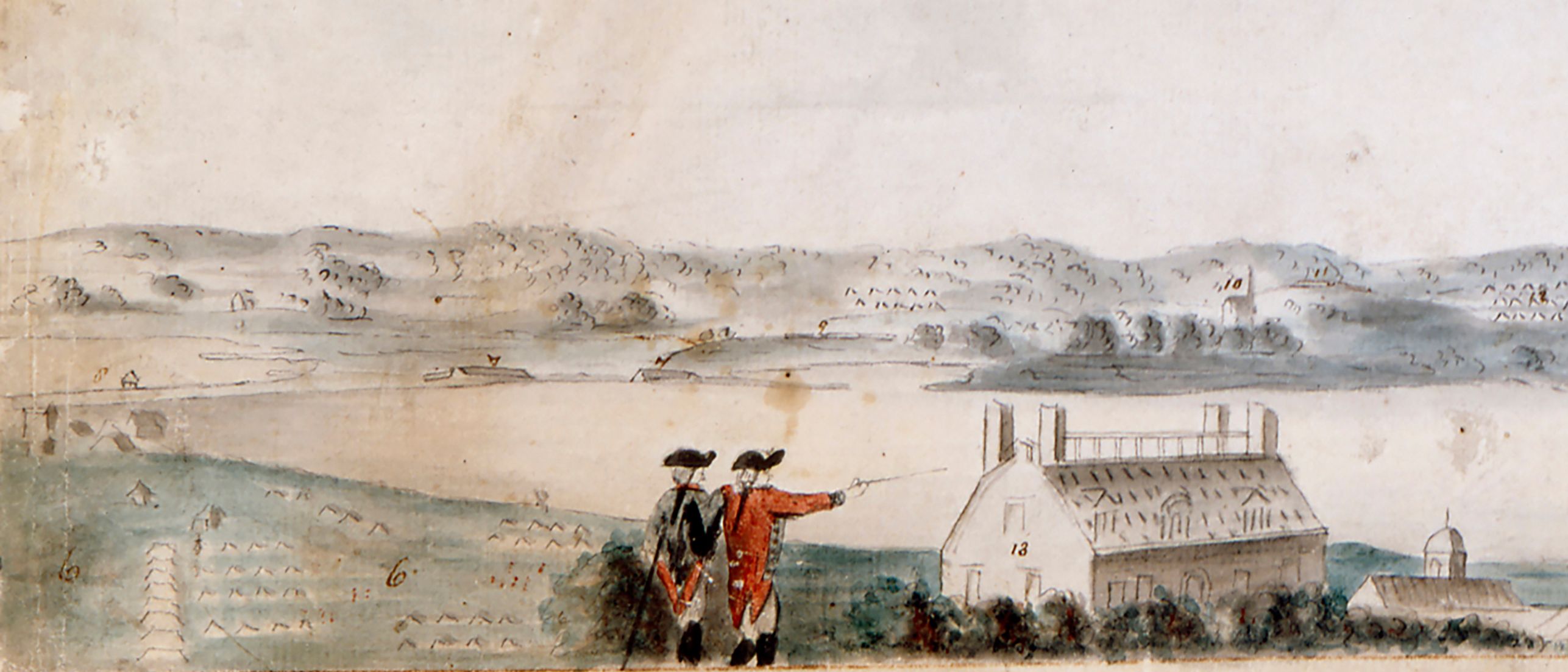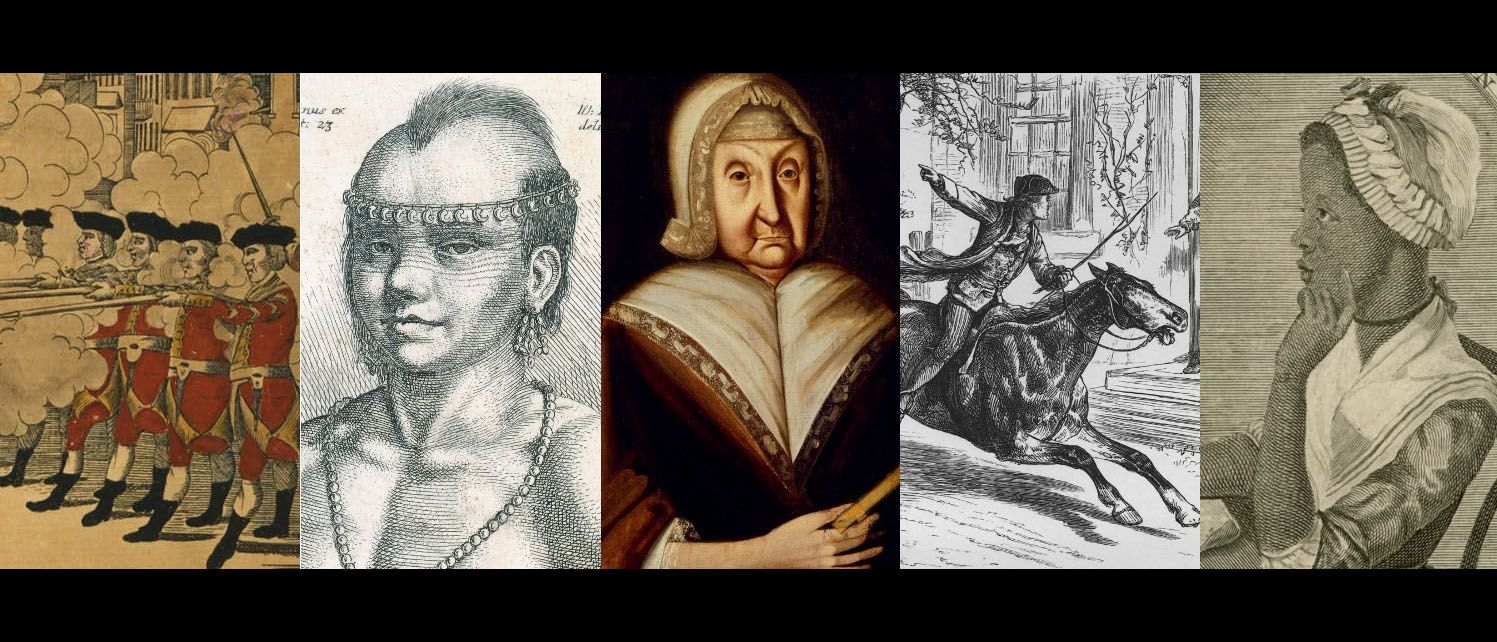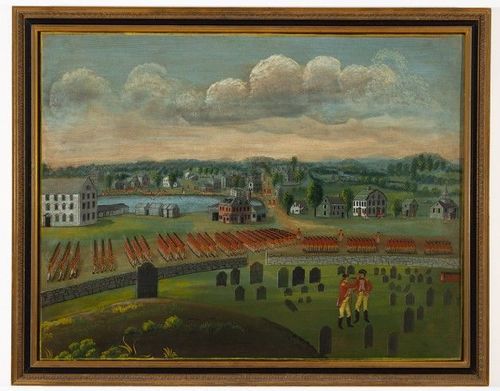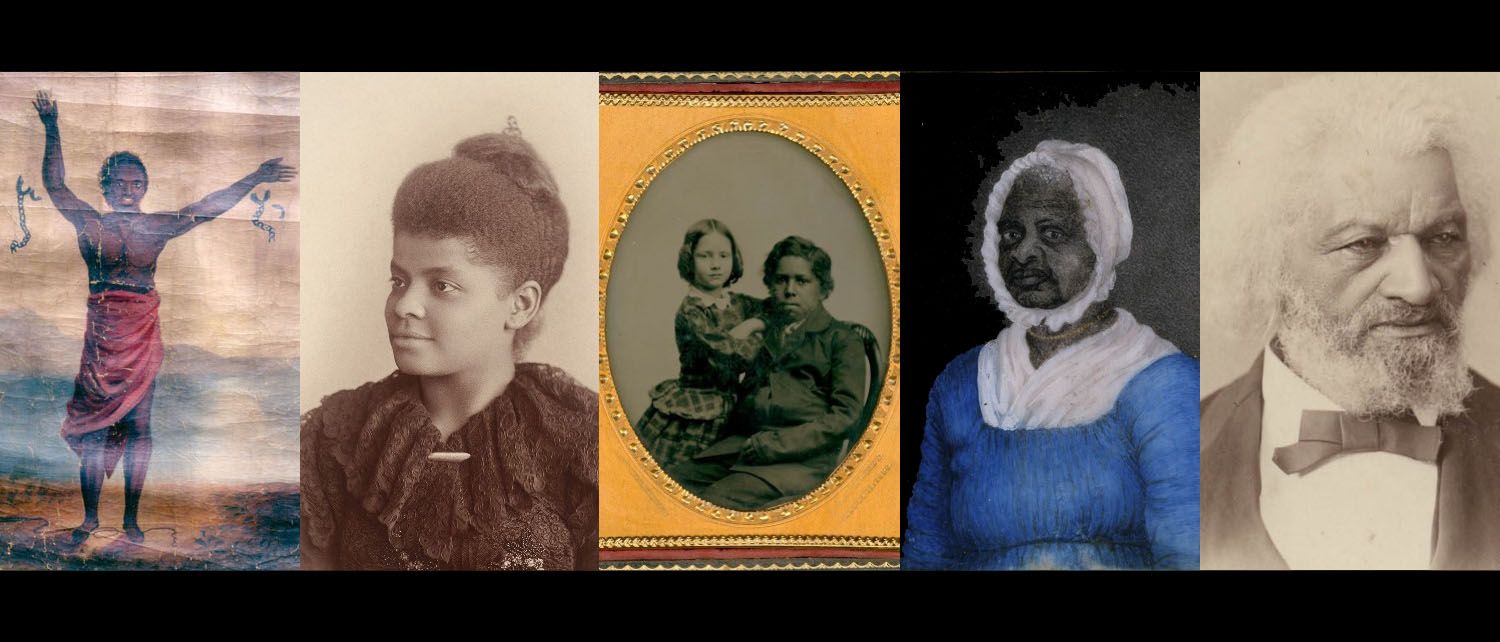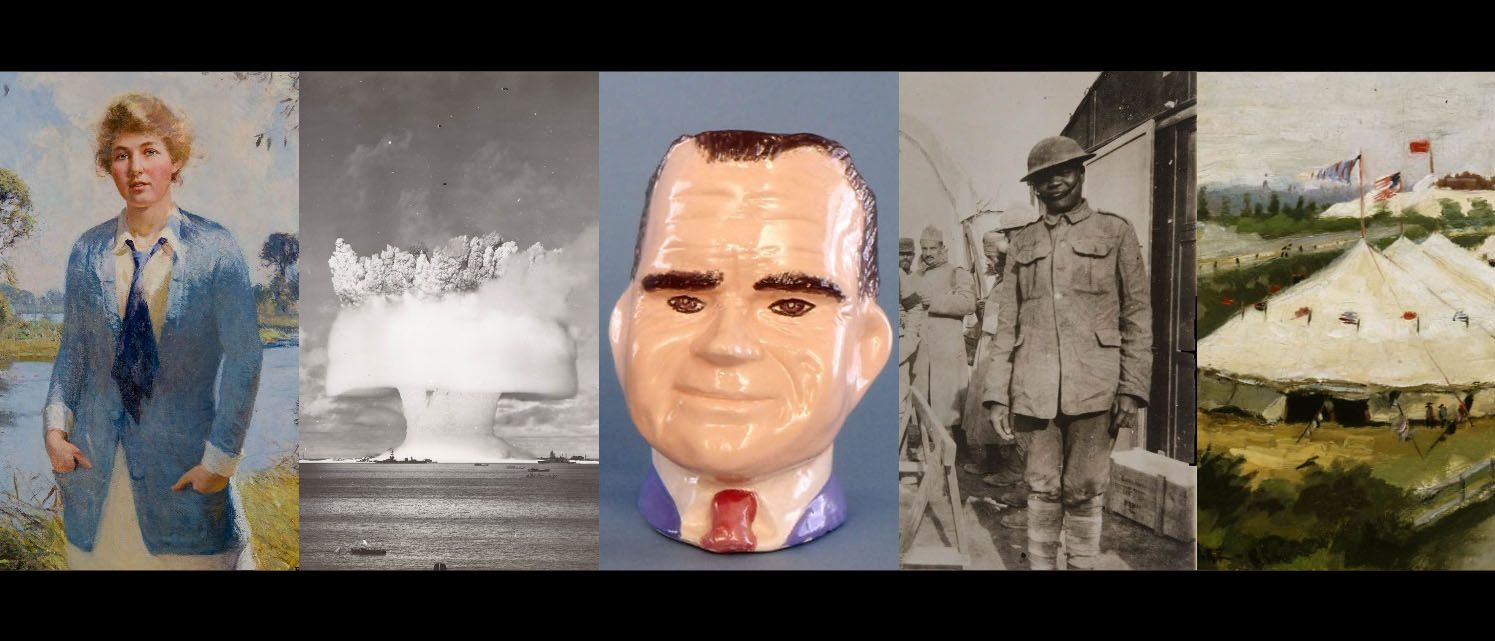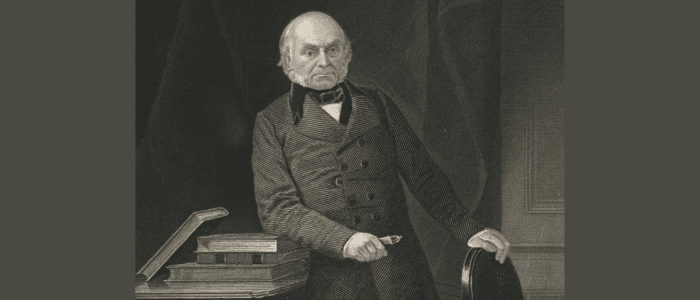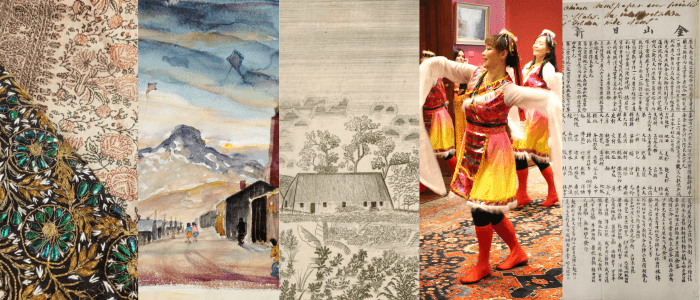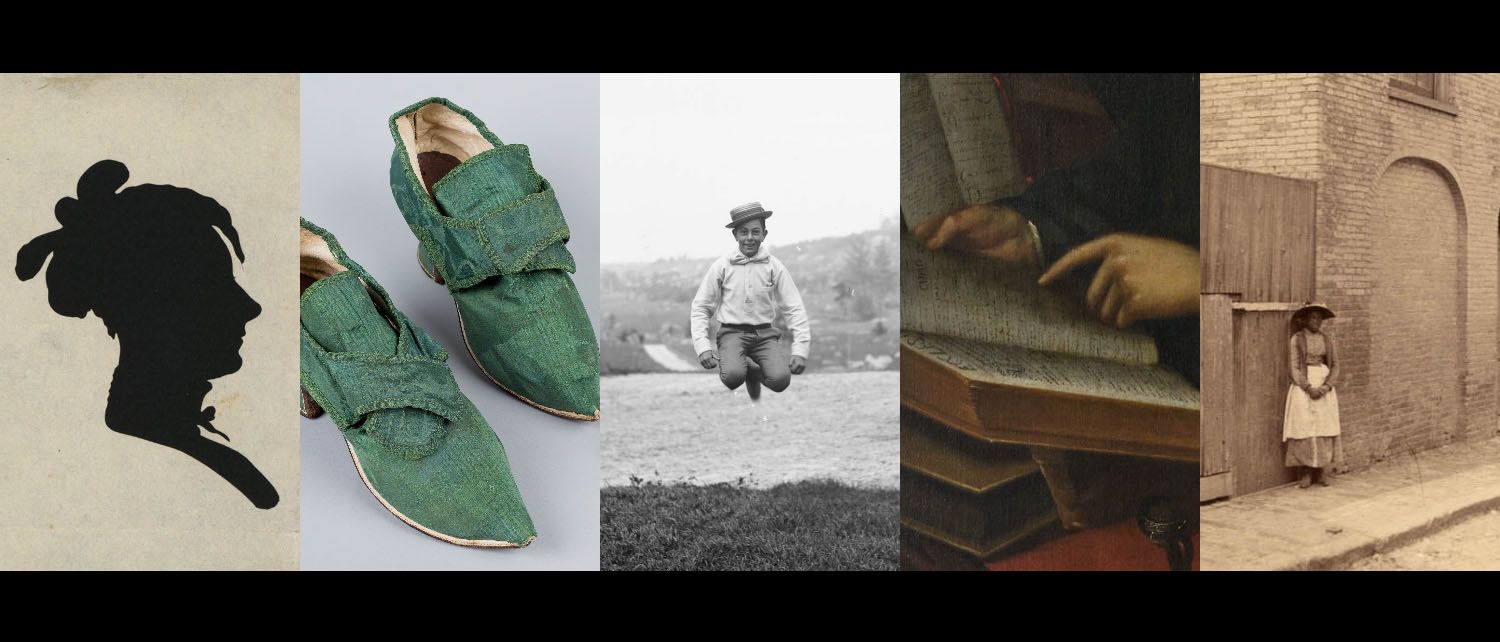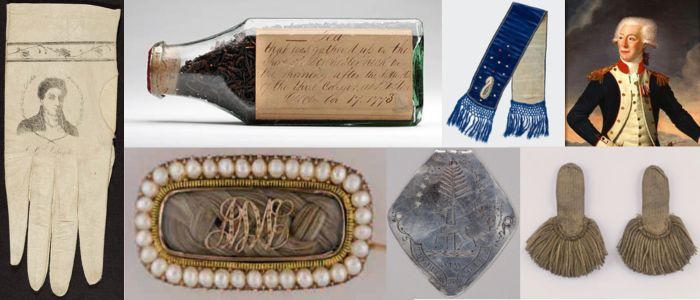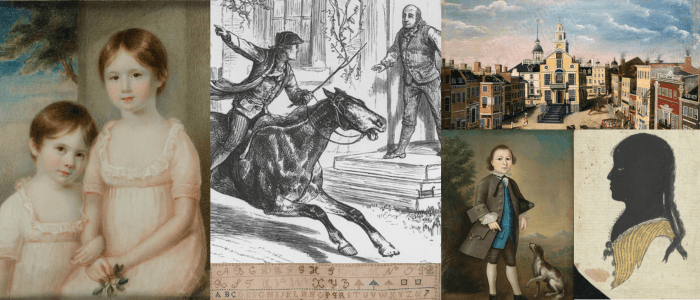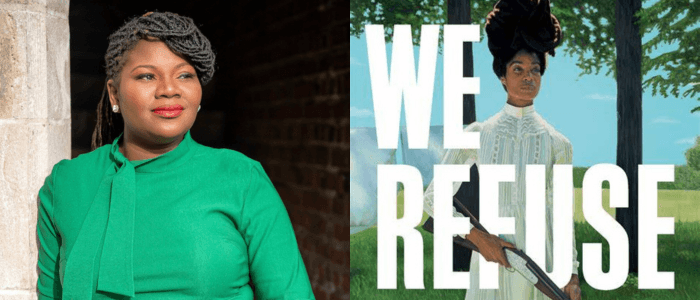Event

Across Barbed Wire & Racial Lines: Interracial Friendship & Girlhood during World War II
Author: Sonia C. Gomez, Santa Clara University
Comment: Yuichiro Onishi, University of Minnesota
This is an online event.
This paper tells the story of childhood friends—Mollie Wilson, Lillian Igasaki, and Sandie Saito—who grew up in the multiracial neighborhood of Boyle Heights, just east of downtown Los Angeles. After President Roosevelt issued Executive Order 9066 in 1942 mandating the forcible removal and incarceration of all West Coast residents of Japanese descent, the girls' world was forever altered. Lillian and Sandie were sent to concentration camps located in the interior west along with approximately 120,000 other Japanese Americans. Throughout World War II, Mollie, Lillian, and Sandie—as well as others in their friend group—remained connected through letters. Gomez argues that their letter writing was a praxis for maintaining interracial solidarity and an expression of resistance. The simple act of friendship across barbed wire and racial lines is a testament to the enduring power of female friendship.
Join the conversation at the African American History Seminar. Seminars bring together a diverse group of scholars and interested members of the public to workshop a pre-circulated paper. Learn more.
Purchasing the $25 seminar subscription gives you advance access to the seminar papers of all seven seminar series for the current academic year. Subscribe at www.masshist.org/research/seminars. Subscribers for the current year may login to view currently available essays.
Online Event
The virtual seminar begins at 5:00 PM and will be hosted on the video conference platform, Zoom. Registrants will receive a confirmation message with attendance information.
